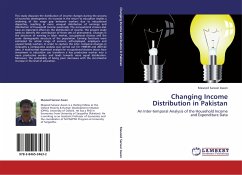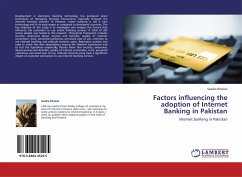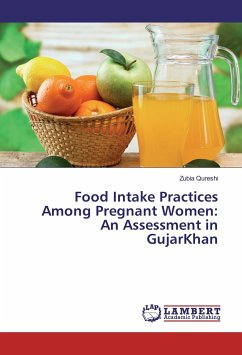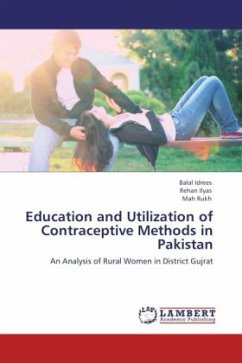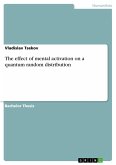This study discusses the distribution of income changes during the process of economic development. An increase in the return to education implies a widening of the wage gap between workers due to educational disparities, resulting in more unequal distribution of earnings and distribution of household income eventually. The occupational choices also have an important effect on the distribution of income. The present study seeks to identify the contribution of three sets of phenomena: Changes in the structure of earning in labor market, occupational choices and the socio- demographic structure of the population. Earning functions were estimated for whole range of earners, self-employed, employers and unpaid family workers. In order to capture the inter- temporal changes in inequality a comparative analysis was carried out for 1998-99 and 2001-02 data. A multinomial regression analysis for occupational choices shows how investment in education can transform a less productive workerinto a more productive worker and leads towards more equal distribution. Moreover, the probability of being poor decreases with the incremental increase in the level of education.
Bitte wählen Sie Ihr Anliegen aus.
Rechnungen
Retourenschein anfordern
Bestellstatus
Storno

